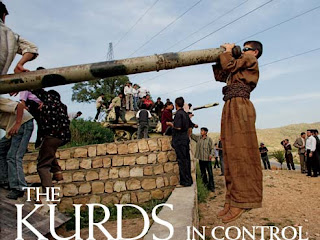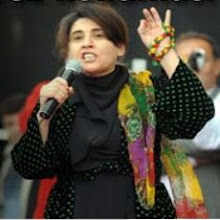by Gunter, Michael M.

"Professor Gunter has written an eminently readable, well-documented analysis that shows how the Kurdish question may be on the verge of a solution in Iraq and Turkey. Like his previous work, this book is polished and persuasive."--Tozun Bahcheli, Professor of Political Science, King's University College at the University of Western Ontario
"Professor Gunter, in his characteristic lucid style, shows how federalism in Iraq, as well as EU-mandated and AK Party reforms in Turkey are cautiously helping lead to a solution to the long-running Kurdish problem in these two important states. This provides a most welcomed insight into their future."-- M. Hakan Yavuz, Associate Professor of Political Science, University of Utah
""Kurds Ascending "draws on much of Professor Gunter's most recent work to provide a very up-to-date, riveting account of the monumental changes occurring vis-a-vis the Kurdish issue today. Written in clear, accessible language yet chocked full of interesting up-to-date information, Michael Gunter's book should be of great interest to both those previously unfamiliar with the Kurds and specialists in Middle East politics as well."-- David Romano, Assistant Professor of International Studies, Rhodes College, Author of "The Kurdish Nationalist Movement"
Amazon Download


















































